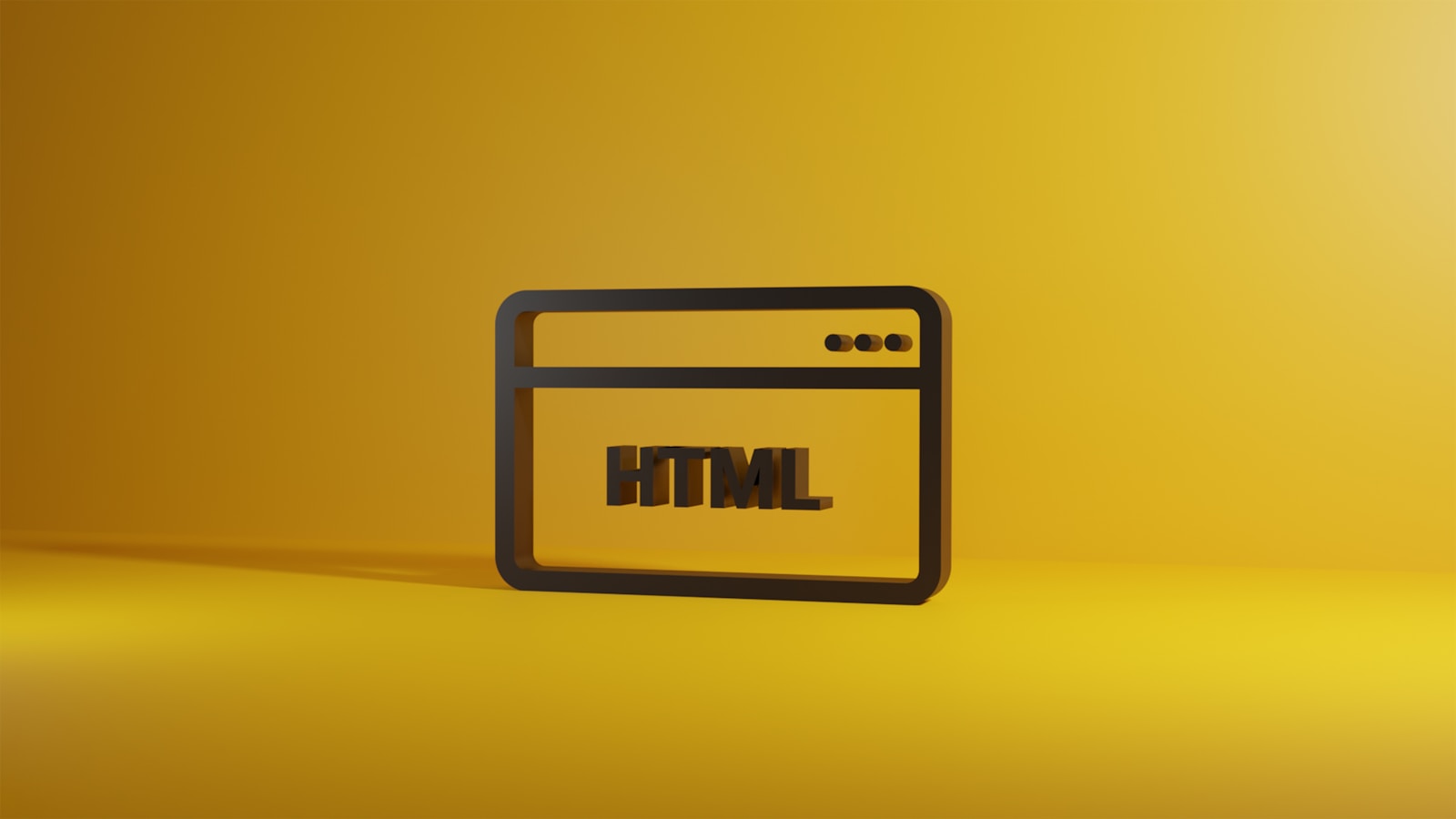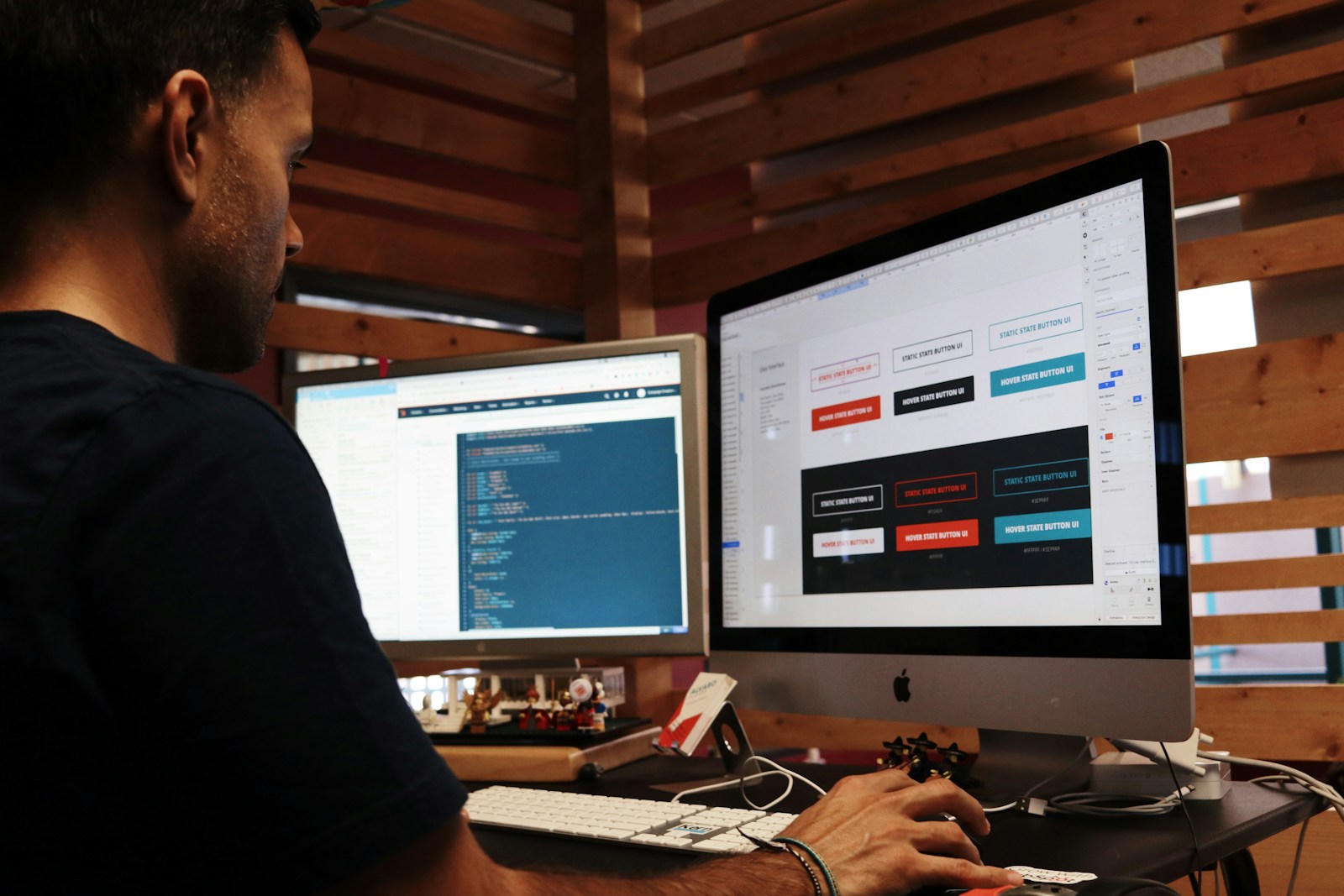In the realm of web development, the process of converting an image to HTML code has traditionally been a manual and time-consuming task. However, with the advancement of artificial intelligence (AI) technology, new tools and software have emerged to automate this process, making it faster and more efficient. In this article, we will explore some of the leading AI solutions that convert images to HTML and discuss their features, benefits, and potential impact on the web development industry.
Understanding the Need for Image to HTML Conversion
Before delving into AI-powered solutions, let’s first understand why converting images to HTML is necessary in web development. In many cases, designers create website mockups or prototypes using graphic design software such as Adobe Photoshop or Sketch. While these tools excel at visual design, translating the design elements into functional HTML and CSS code requires manual effort. This process involves measuring dimensions, aligning elements, and writing code to replicate the design accurately.
Introducing AI-Powered Image to HTML Converters
1. Deep Learning Algorithms
AI-powered image to HTML converters leverage deep learning algorithms to analyze the visual elements of an image and generate corresponding HTML code automatically. These algorithms are trained on vast datasets of images and HTML code, enabling them to recognize patterns and structures within the design.
2. Neural Networks
Neural networks, a subset of AI, play a crucial role in image recognition and analysis. Image to HTML converters utilize neural networks to interpret the visual components of a design, such as colors, shapes, text, and layout, and translate them into HTML markup language.
3. Natural Language Processing (NLP)
Some advanced AI solutions integrate natural language processing techniques to understand the context and intent behind the design elements. This enables the converter to generate more semantically meaningful HTML code that accurately reflects the designer’s intentions.
Benefits of AI-Powered Image to HTML Conversion
1. Time Efficiency
By automating the conversion process, AI-powered tools significantly reduce the time and effort required to translate design mockups into HTML code. This allows web developers to focus more on refining the user experience and functionality of the website.
2. Accuracy and Consistency
AI algorithms excel at recognizing patterns and maintaining consistency, leading to more accurate conversions from image to HTML. This ensures that the final website closely resembles the original design, minimizing discrepancies and errors.
3. Scalability
AI-powered converters offer scalability, allowing developers to process a large volume of design images efficiently. Whether working on a single project or multiple concurrent projects, these tools can handle the workload with ease.
Popular AI-Powered Image to HTML Converters
1. Figma to HTML
Figma, a popular design tool, offers integrations with AI-powered plugins that convert Figma designs directly into HTML code. These plugins leverage machine learning algorithms to analyze design components and generate clean, semantic HTML markup.
2. Adobe XD to HTML
Adobe XD, another leading design software, provides plugins and extensions that utilize AI technology to translate XD designs into HTML code. These tools streamline the workflow for designers and developers, eliminating the need for manual coding.
3. Sketch to HTML
Similar to Figma and Adobe XD, Sketch offers plugins and extensions that leverage AI to convert Sketch designs into HTML markup. These plugins support seamless integration with the Sketch environment, making the conversion process intuitive and efficient.
The Future of AI in Web Development
As AI technology continues to evolve, we can expect further advancements in image to HTML conversion tools. These tools will become more intelligent, intuitive, and capable of handling complex design layouts with precision. Additionally, AI will play a significant role in enhancing other aspects of web development, such as accessibility, performance optimization, and user experience.
Conclusion
In conclusion, AI-powered image to HTML converters represent a significant breakthrough in web development, offering a faster, more accurate, and scalable solution for translating design mockups into functional code. By harnessing the power of deep learning, neural networks, and natural language processing, these tools empower designers and developers to bring their creative visions to life more efficiently than ever before.
As an AI enthusiast and entrepreneur, I’m excited about the potential of AI in transforming the web development landscape. If you’re interested in exploring innovative solutions for web development or enhancing your skills in this field, I invite you to check out LearnyHive, our cutting-edge EdTech platform designed to empower engineering students on their academic journey. Additionally, if you’re in need of custom web development services or seeking to enhance your online presence, feel free to visit UnikBrushes to learn more about our comprehensive range of services.
Thank you for joining me on this exploration of AI-powered image to HTML conversion. Together, let’s embrace the transformative potential of AI and shape a brighter future for web development.




